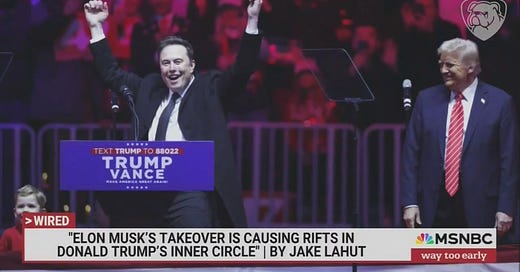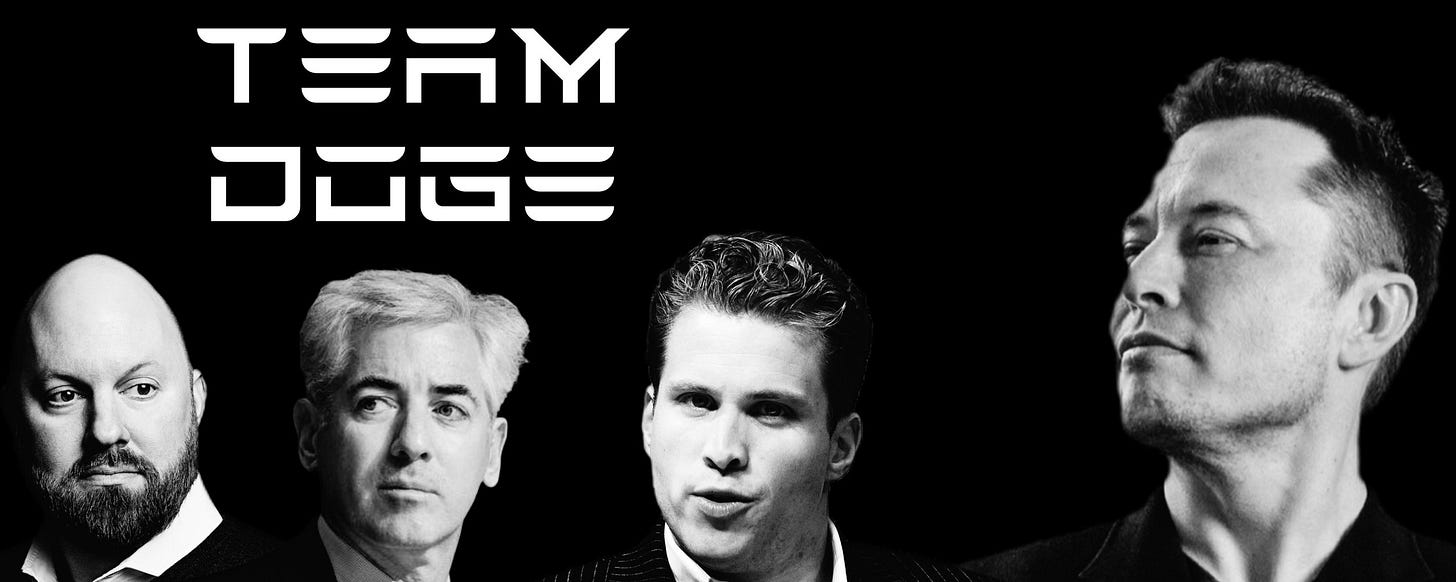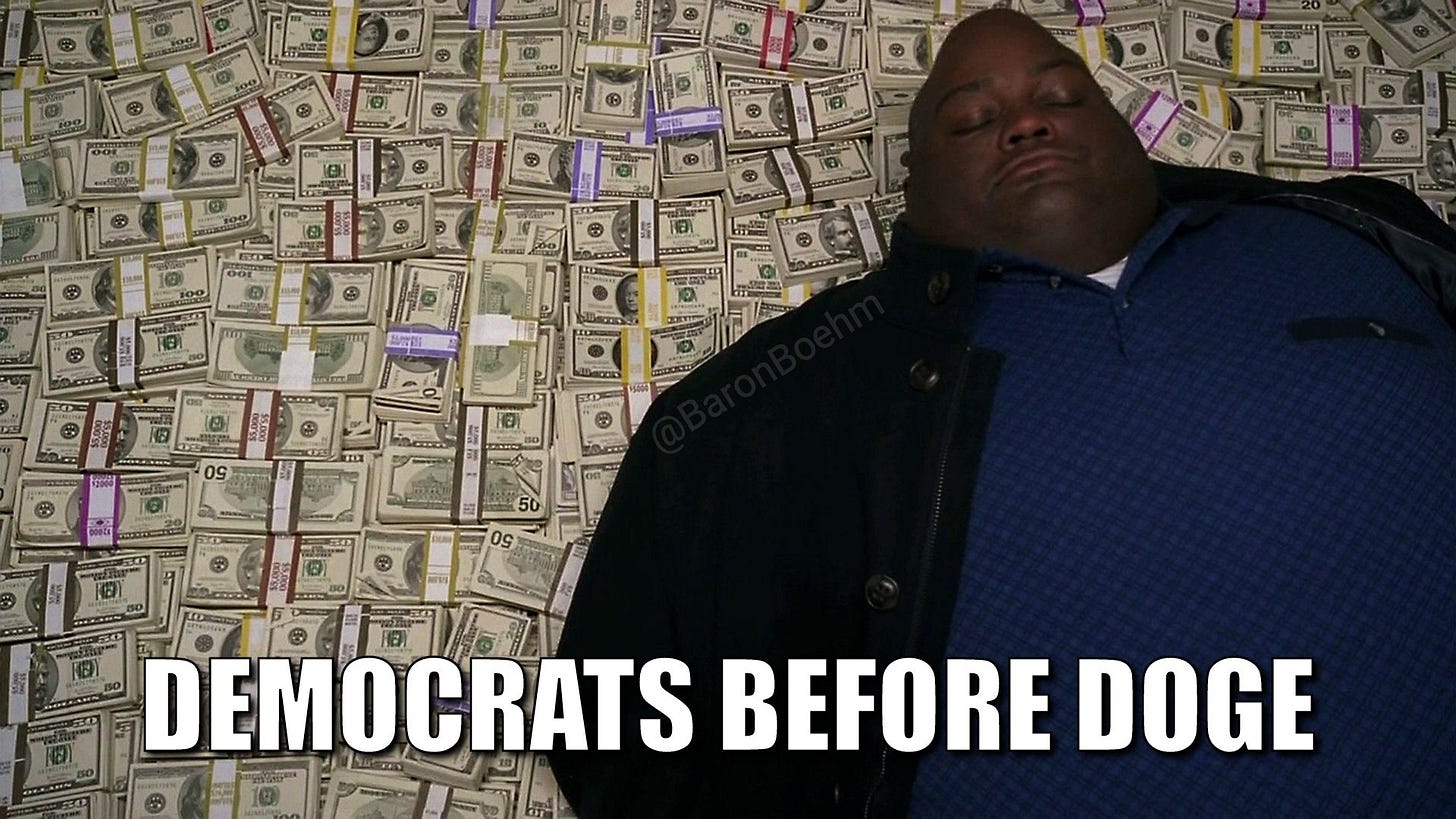In the heart of Washington, a new entity has emerged with the potential to reshape how the U.S. government operates. Elon Musk's Department of Government Efficiency (DOGE) has been at the forefront of this transformation, and this week, their efforts have been nothing short of remarkable.
The focus on improper payments has been particularly eye-opening. According to the Government Accountability Office (GAO), the federal government made $236 billion in improper payments in one year alone. DOGE has targeted this issue head-on, although specific amounts saved by addressing these payments haven't been fully disclosed yet.
From my vantage point in Brooklyn, where the pulse of politics often feels distant, the impact of DOGE's actions resonates loudly. They've dived deep into the Treasury's payment systems, uncovering layers of waste and fraud that have long gone unchecked. This isn't just about saving money; it's about restoring trust in government operations.
DOGE has brought to light significant mismanagement, ensuring that taxpayer dollars aren't squandered. This, I believe, is the kind of oversight we've been missing. A digital tracker, not officially affiliated with DOGE but reflecting its aims, shows savings of over $32 billion attributed to DOGE's initiatives, including the termination of underutilized leases and redundant contracts.
By canceling diversity, equity, and inclusion contracts at the Treasury, Musk is signaling a return to merit over metrics. It's bold, it's controversial, but it's a conversation we need to have about where our priorities lie.
DOGE has also terminated leases and contracts deemed unnecessary, saving an estimated $145 million from 16 specific DEI contracts across departments like Labor, Transportation, and Health and Human Services.
The decision to cancel subscriptions to certain publications is a statement on efficiency. Why pay for information if it's not directly contributing to better governance?
However, with these strides come significant challenges:
Unions and advocacy groups have taken DOGE to court, arguing over privacy rights and the legality of their access to sensitive data. It's a complex issue, where efficiency meets privacy, and the courts will have the final say.
Democrats, in particular, are up in arms, demanding investigations. The fear, as I see it, isn't just about privacy or legality; it's about the exposure of a system that has long benefited from opacity.
Musk's brash style and the DOGE's aggressive tactics are polarizing. While some see a hero cutting through red tape, others see a threat to the established norms of government operation.
The resistance DOGE faces could be seen as a testament to its effectiveness. There's a reason people are afraid of what Musk might uncover — because the truth can be unsettling, especially when it involves trillions in taxpayer money.
As we move forward, the saga of DOGE will be one to watch. It's not just about Musk; it's about whether America is ready for a radical rethink of how government functions.
Stay tuned as we continue to explore the implications of this bold experiment in government efficiency.













Share this post